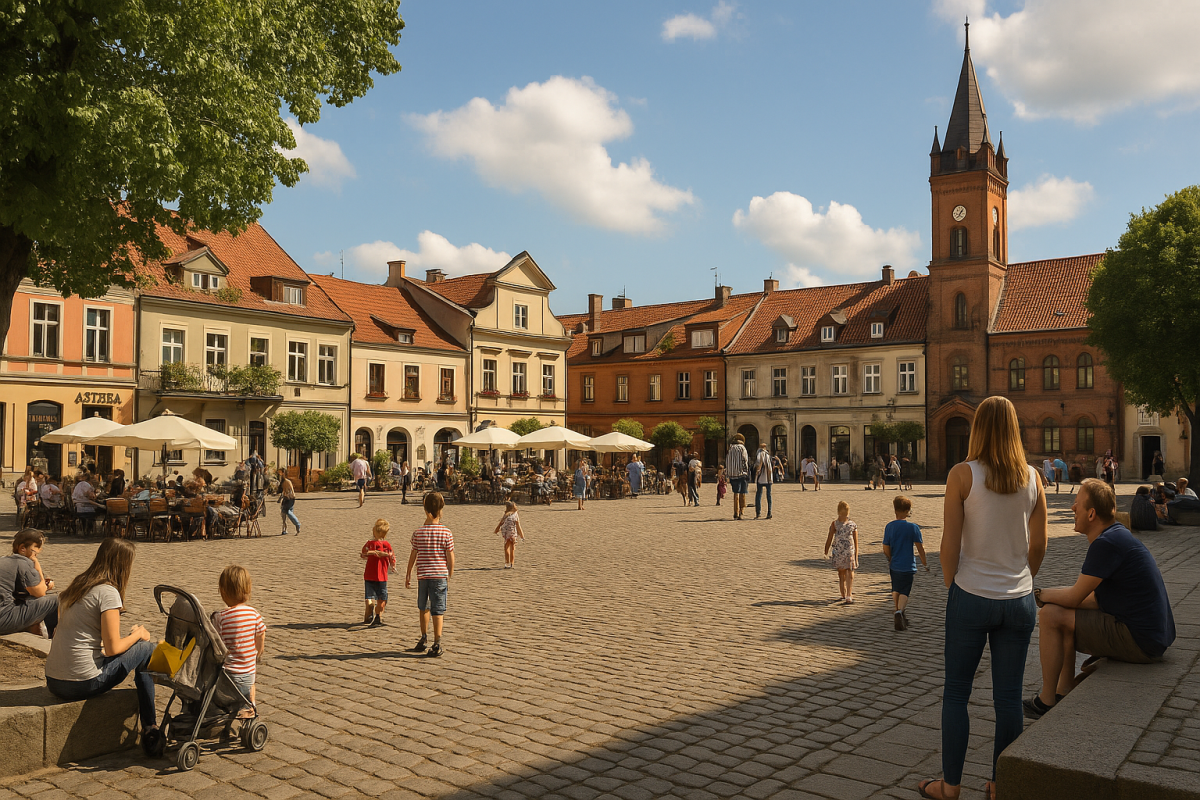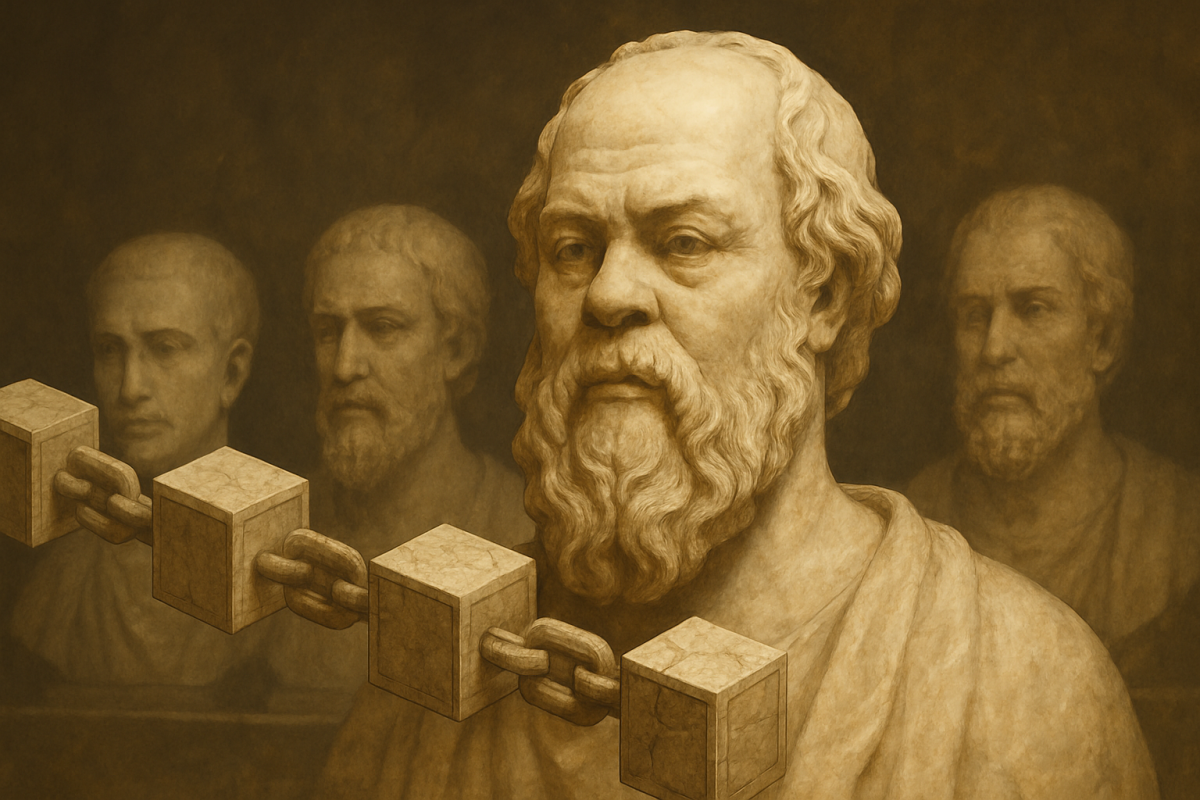The Web Should Feel Like Home — Not a Wild Safari
If we’re serious about the Web that we are building, the roadmaps shouldn’t feel like sprint plans filled with technical upgrades. They should be blueprints for a society we’d be proud to call home. Picture me pointing to the horizon.
I’m sorry if I’ve been the one raising uncomfortable questions about the web we’re building. But I’m doing it because I want us to create a web that hugs and kisses us — a web that sees us as human beings first.
In the not-too-distant future, I see a town square where everyone who shows up has a voice — not just the tech-savvy, the loudest, or the wealthiest.
My neighbor Carina feels a real sense of belonging because she can participate meaningfully and actually participate in her digital community.
Honestly, I don’t imagine it happening inside a DAO, but rather on a social platform where she owns her own voice — her own data.
Yes, there’s still a corner for whitepaper discussions too, because technology must always serve human needs.
The smiling faces of people participating through beautifully simple design say it all.
A truly decentralized world doesn’t just open the door; it makes sure everyone can walk through it and stay and even address what’s wrong. Just because some parts may be immutable does not mean they should be unflexible to what is good for society. People evolve and so does society and technology needs to follow us, not the other way around.
As the sun settles over the village, I see people having interacted with the web for fun but also to save time for activities in reality.
After all, on our deathbed, having spent time with our closest friends and family is what we’ll have considered most important in life.
”I see a world where kids learn digital literacy like they learn to ride a bike — naturally, joyfully, safely. Not like releasing them into a wild safari.”
A world where the web works with our lives, not against them. Where technology in the hands of the youngest builds focus and curiosity, not addiction and exposure to casino-like platforms.
Above all, I see a web where young and old can create, collaborate, and unwind — without asking for permission or paying a heavy fee.
In other words, the web should feel like a natural extension of existence, not a hostile territory we have to tiptoe through.
I’m not being idealistic — it’s just common sense.
Web3 must be built, governed, and cared for with the best of our humanity. Not a place with hidden predators, stampeding herds, and unexpected twists around every corner.


